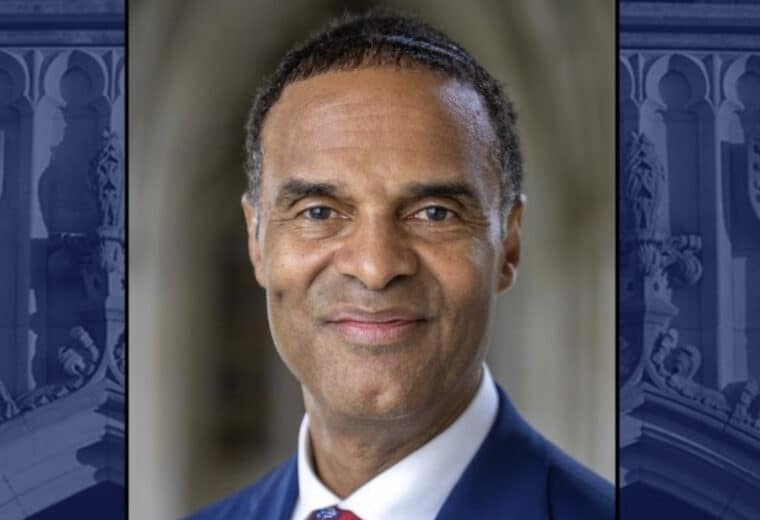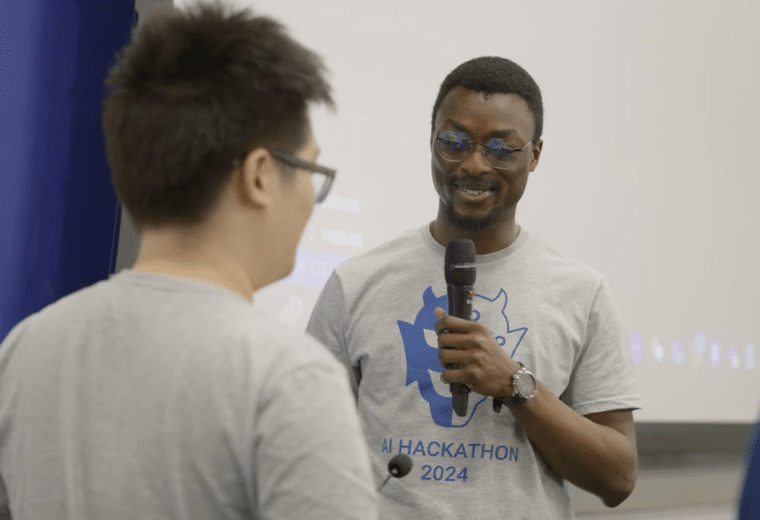
Li and Franklin Named Fellows of the National Academy of Inventors
Hai “Helen” Li and Aaron Franklin, two innovative and pioneering electrical and computer engineers, receive one of the top honors for academic inventors.
We’re sorry—the news story you were looking for has been archived.
Please see the most recent stories below.

Hai “Helen” Li and Aaron Franklin, two innovative and pioneering electrical and computer engineers, receive one of the top honors for academic inventors.

Duke University Provost Alec D. Gallimore has been elected an Honorary Fellow of the American Institute of Aeronautics and Astronautics (AIAA), the world’s largest aerospace technical society

In just its second year, the hackathon inspired dozens of student-built projects lauded by industry and practice professionals for their inspiring creativity